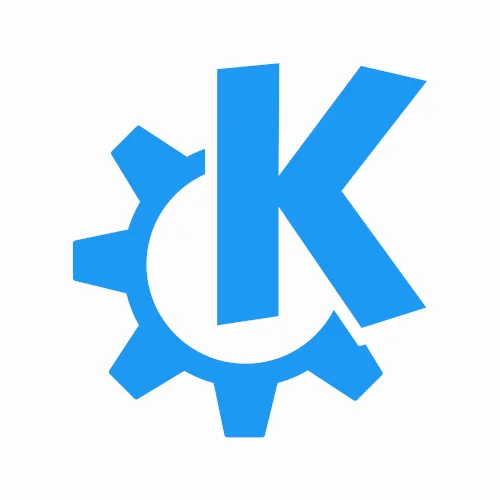KDE Plasma 5.22 Will Support Direct Scan-Out For Full-Screen Games / Apps

The KDE KWin compositor with Plasma 5.22 will finally support direct scan-out for full-screen software, namely games. This direct scan-out is about avoiding an unnecessary copy of the screen contents by the compositor when there is a game/application running full-screen. Avoiding that unnecessary work by the compositor with direct scan-out can help with performance and also lower latency.
Developer Xaver Hugl opened the pull request on KWin direct scan-out two months ago and finally got it merged this past week. Xaver has tested this with KWin on Wayland and does also work with XWayland. This is particularly of benefit for full-screen games and also full-screen video playback. It's basically akin to the compositor bypass for full-screen software supported by GNOME on Wayland since the 3.38 release last year. Various other Wayland compositors have also supported direct scan-out of full-screen windows.
It's too bad this didn't make it in time for Plasma 5.21 but now is a big ticket feature to look forward to with Plasma 5.22 as another improvement for KDE on Wayland. Details on the implementation via invent.kde.org.
KDE this week also saw many fixes and improvements to Gwenview, including support for OpenGL drawing. fixed screen rendering for multi-GPU output with Plasma 5.21 Wayland, Intel GPU performance improvements, and various UI improvements. More details on the other KDE changes this week via this blog post by KDE developer Nate Graham with his wonderful weekly summaries of KDE happenings.
23 Comments

